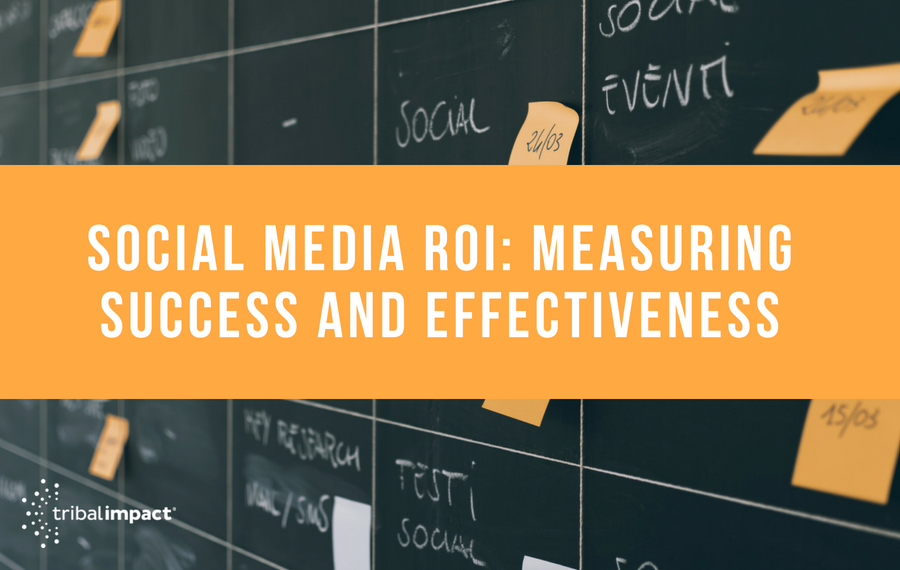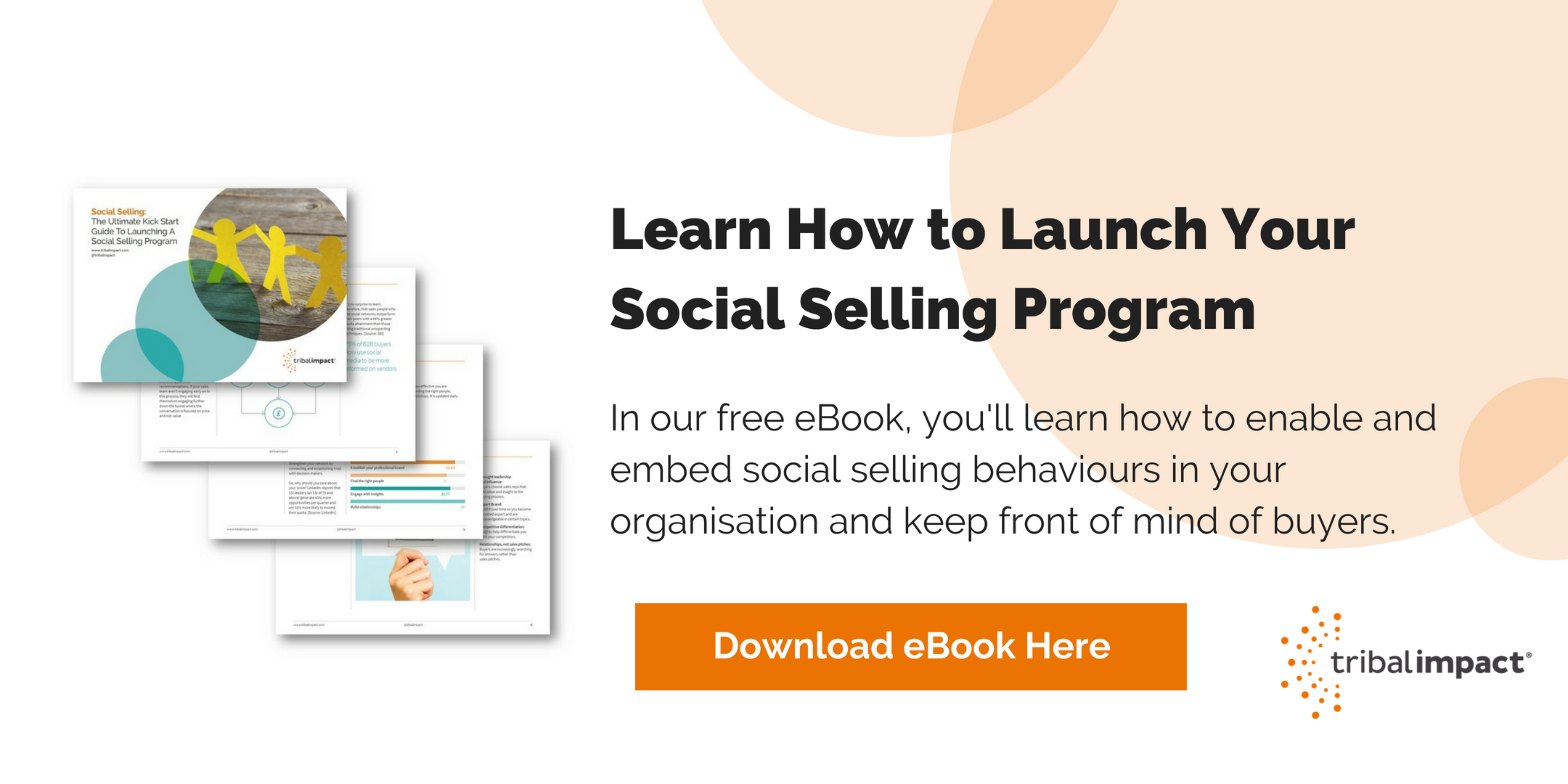When it comes to B2B campaigns, measuring return on investment is one of the main challenges for any digital marketer. Social media campaigns are no exception. Whether you’re looking for leads or trying to increase brand awareness, these efforts still need to be justified in a collection of quantifiable and reliable metrics. Most importantly, they need to make sense to us and any internal stakeholder, and that’s often not the case.
Here’s where the challenge lies. We have grown accustomed to look at the number of followers, engagement metrics and sentiment analysis, while our C-Suite is trying to find a figure with a pound (or dollar) sign that can quantify the relationship between investment and return. Such disconnect ends up on producing reports that fail to answer the question: “why should I spend time and money on social media for B2B?”.

Measuring the unmeasurable?
Let’s take a step back and look at what social ROI means from a social media perspective and what it means to have an effective social media campaign. After all, in addition to being able to promote the brand and acquire leads, social also builds on a few more abstract measurements:
Trust: growing the share of your target audience that is loyal to your message, your brand and your products.
Authority: increasing your penetration as a thought leader, driving conversations and sharing knowledge.
Satisfaction: understanding how happy they are with your offering compared to your competitors.
Leads and sales: the return you get regarding purchases and pipeline increase.
The return that comes from social is more than sales, but also more than just isolated social metrics. It’s a business impact metric, not only a media metric or sales figure. Therefore, your ROI model should follow a similar structure: combining social, sales and business goals.
The takeaway is that social ROI can only be truly meaningful if it connects the dots between being a proof that social media works, and that you can use this data to make the business run better.
Building your social ROI model
The first step towards developing your social ROI model is to decide on metrics that truly make sense to the business context for your company and accept that these may vary. Forget data in isolation, as social selling doesn’t happen in a vacuum. We are joining metrics to identify a starting point and establish a baseline for success.
For example, If Loyalty and Trust are key, you might be looking at follower growth and website visitors whereas, for Satisfaction, you can dig into quantifying the volume of positive mentions and also returning visitors. The key is to combine social metrics with search or business metrics and compare them with your previous results before this campaign or strategy
Regardless of the parameters you’ll be looking at; there is a basic model you can use to develop your success metric and derive ROI:
- Combine social and search data and prove relationships.
- Overlay social and sales timelines and look for patterns.
- Quantify transactions looking at amount and volume
You don’t necessarily need to follow Trust, Authority, Satisfaction and Leads as returns. Don’t be afraid to group sets of various metrics and renaming them. You can, and should, develop your own based on your context and what will be easier to communicate with your stakeholders.
Identifying the goals that matter for your business will assist you on getting rid of tactics and strategies that don’t add value or return. And more importantly, will help you translate isolated numbers into meaningful, and actionable, returns on your social efforts.

